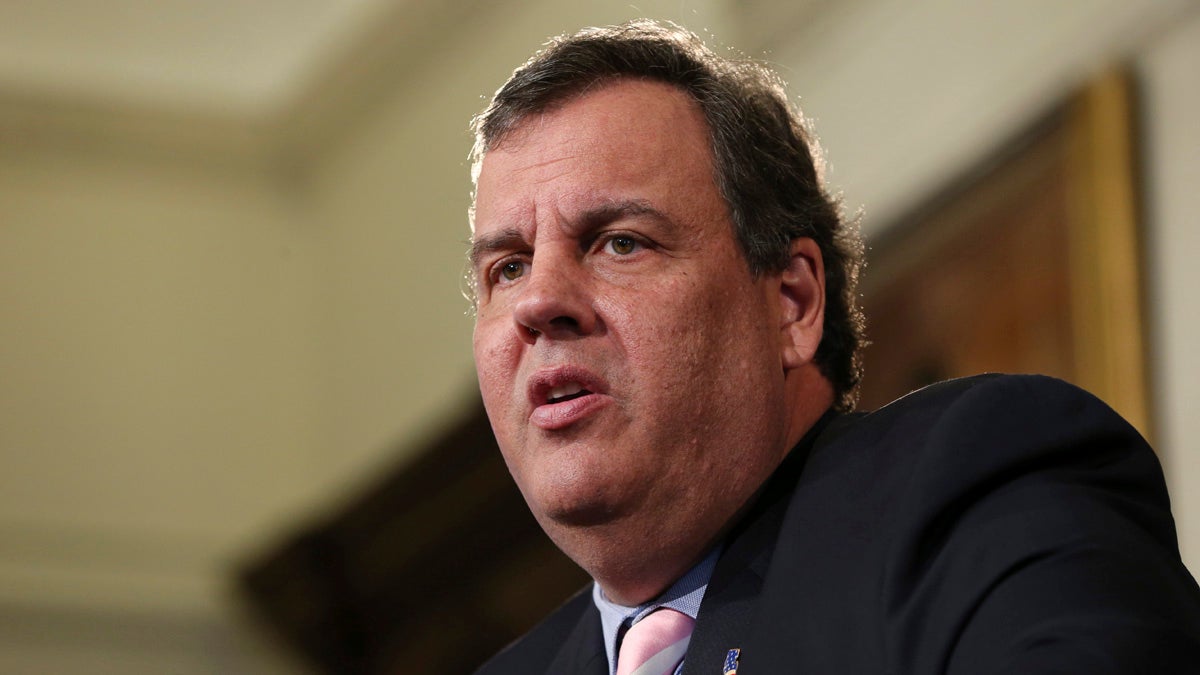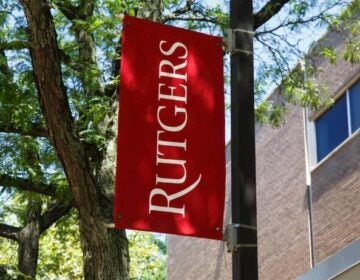All N.J. public schools ordered to test water for lead

New Jersey Gov. Chris Christie addresses a gathering as he announces that he will require all of the state's schools to test for lead in water starting next school year Monday in Trenton. (AP Photo/Mel Evans
Governor Chris Christie has ordered all public schools in New Jersey to test their drinking water for potential lead contamination.
About 3,000 schools will have to test water for lead hazards beginning in September. They also must notify parents about the results.
Christie wants the state Legislature to include $10 million in the proposed state budget to reimburse school districts for the testing costs.
“I think we’ve come to what is a smart but also aggressive way of dealing with any concerns that any parent across the state might have about lead exposure in water to folks and the children in particular in the state, but also folks who work in school buildings,” the governor said during a news conference yesterday.
Christie is also directing the state Health Commissioner to reset state standards on blood-lead levels, lowering the threshhold for intervention in potential cases of lead exposure.
“This change will enable our public health officials and medical providers to intervene with education, case management, home visits, and other steps as appropriate to address health hazards caused by lead exposure and bring children’s blood levels down below the level of concern at the earliest possible time,” he said.
Replacing the water pipes in schools would be a multimillion-dollar prospect, Christie said.
“They’ve used bottled water in Camden for a long time, and that’s one way they could remediate, but that would be up to the school districts.”
Senate Health Committee Chairman Joe Vitale said that’s not a long-term remedy.
“There’s an expense to that as well, and you can’t have every affected school district in the state using bottle water,” he said. “That’s just not practical. What about showers?”
Vitale, D-Middlesex, said federal grants might be available for school infrastructure improvements.
WHYY is your source for fact-based, in-depth journalism and information. As a nonprofit organization, we rely on financial support from readers like you. Please give today.




